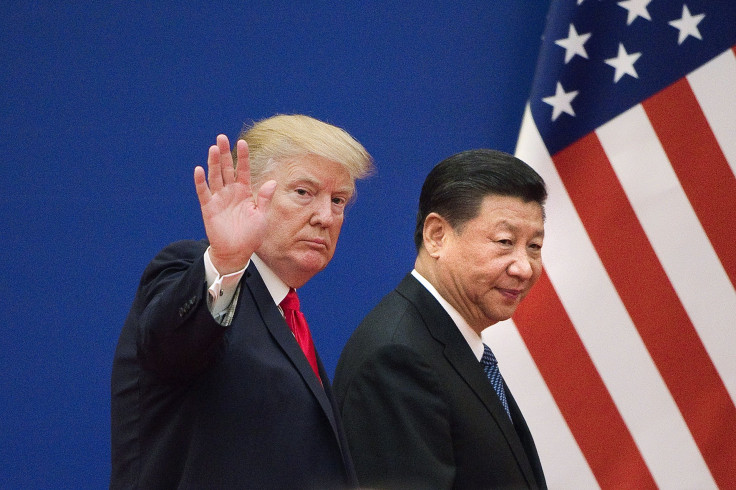US, China Trade Talks To Be Resolved Within Two Weeks, Says Mulvaney

The fate of the U.S, China trade talks could be known in the next two weeks, according to White House chief of staff Mick Mulvaney.
Responding to a statement by Treasury Secretary Steven Mnuchin that the White House could announce an agreement with Beijing, he said, “I think that’s fair.”
The senior White House official said: “You’ll know one way or the other in the next couple weeks. That’s probably fair.”
Speaking at the Milken Institute Global Conference in Los Angeles, Mulvaney also said, “Someone asked me how long is the negotiation going to go on and I don’t have a specific answer to that.”
However, Mulvaney made it clear that the U.S. would not blink on an agreement with China unless it is a “great deal.”
Both the U.S and China have been in talks to revamp their trade relationship after slapping trade tariffs on each other since June last year.
The U.S wants China to address many areas of concerns including trade deficits, forced technology transfers, and intellectual property theft.
Sticky points holding up a deal
Although the Trump administration has been exuding confidence that an agreement will shape up soon, sticking points have been tripping up talks.
However, finding a way out has become imperative as thousands of companies are affected by the trade war.
Among the ticklish issues, holding up the deal, prime is the disagreement on the demand that the U.S must lift its $250 billion tariffs on Chinese goods and Trump’s insistence on enforcement provisions to curtail Beijing’s “trade abuses.”
Trump softens on Cyber theft demand
Meanwhile, there are also reports that President Trump has softened on a central demand in the trade negotiations with China.
Trump had a major demand that China must halt commercial cyber theft to clinch a trade deal.
Now Trump has gone back on his administration’s opening position, which was “Chinese government-conducted, sponsored and tolerated cyber intrusions into the US commercial networks,” according to sources.
The U.S. is now ready to accept a diluted commitment from Beijing. According to a source, a lot of issues are getting sidetracked from the haste of President Trump for a deal.
But going soft on hard provisions against alleged Chinese theft of U.S. trade secrets will raise questions on the efficacy of trade settlement in the long run, according to analysts.
China’s stand
China’s position is that cyber theft allegation is baseless and Beijing has been in compliance with a September 2015 agreement, signed between Xi and then President Barack Obama.
That deal insists that neither government would “engage or knowingly support” online theft of intellectual property.
James Green, the former head of the USTR’s Beijing office, also said trade talks cannot resolve the bitter charges and counter-charges on commercial cyber theft.
“I don’t think the administration seriously thought that trade talks or tariffs would curb those activities,” said Green, who works with McLarty Associates as a senior adviser.
Chinese analysts also note that incendiary allegations about cyber theft should not scuttle an agreement.
“Agreement over cybersecurity protection for intellectual property will be difficult to achieve in this trade deal,” said Wang Yong, an expert in international affairs at Peking University.
Meanwhile, marking the penultimate round in trade talks, Trump’s lead negotiator Robert Lighthizer has arrived in Beijing. The expectation is that the closure of talks in the coming weeks will pave way for a final agreement, which Trump and counterpart Xi Jinping may sign in late May or June.
© Copyright IBTimes 2024. All rights reserved.





















